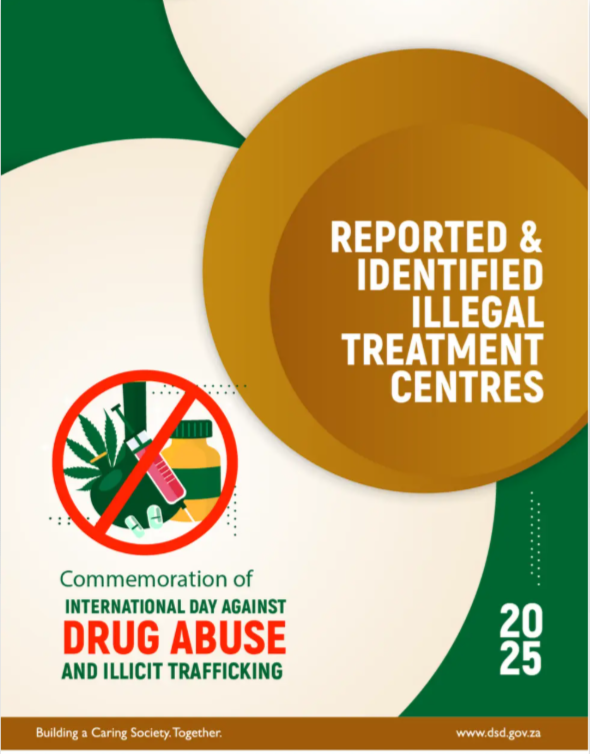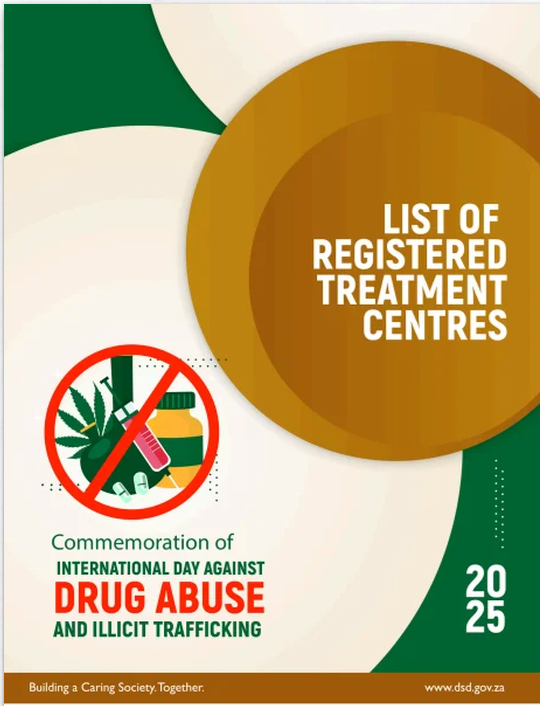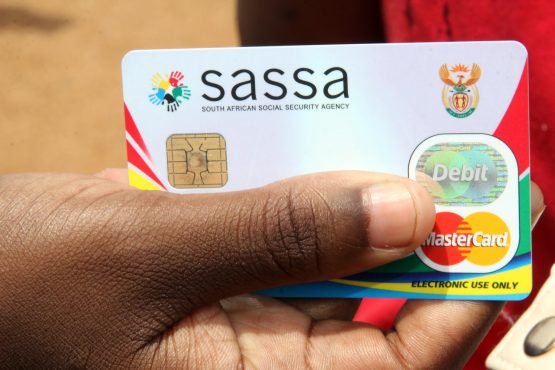By Morapedi Sibeko.
- Creating an inclusive environment for children with disabilities means including their siblings in a family-centred approach.
- Parents of children with disabilities often, unintentionally, overlook the emotional needs of the other children in the family while trying to meet the high demands of caregiving.
- The Department of Social Development, which currently has a delegation in Japan to share best practices, recognises that families are fully supported, children and people with disabilities can thrive.
When a child is born with a disability, much of the family’s energy understandably centres on that child’s needs. Yet, another story quietly unfolds – that of the sibling.
Brothers and sisters of children with disabilities often carry invisible responsibilities, managing their own emotions while trying to help their families function.
Expected to be the “easy” child, the one who does not complain or act out, they sometimes assume caregiving roles far beyond their years. Their love is sincere, but the weight can be heavy.
Research published in the International Journal of Developmental Disabilities shows that siblings of children with disabilities are more likely to experience mental health challenges, including anxiety, depression, and emotional withdrawal.
These experiences are often compounded by limited support systems, a lack of understanding of the disability, and uncertainty about future caregiving roles.
Parents, often unintentionally, overlook the emotional needs of siblings while trying to meet the high demands of caregiving.
This emotional gap can leave lasting effects.
The Department of Social Development recognises these dynamics and continues to prioritise family-centred care approaches, by making sure that children with disabilities, their siblings, and caregivers are supported holistically.
South African social worker Cecilia Mazibuko knows this journey intimately.
She is a mother to a son and twin daughters, one of whom has a disability. Her professional and personal lives intersect daily, giving her a deeply empathetic view of how disability reshapes family dynamics.
“After the diagnosis of one of the twins, I found myself spending most of my time in hospital,” she recalls.
“Their father took on the primary caregiving role for our other children. But the twin who was not sick began to feel left out. She would sometimes say, ‘Mommy, I can see you love her more than me’.”
This perception of unequal attention is common among siblings and often leads to emotional strain.
The twin without a disability began acting out, a way of seeking connection and recognition. “She became naughty,” Mazibuko says gently, “it was her way of expressing loneliness.”
Meanwhile, Mazibuko’s older son stepped into a caregiving and protective role early in life.
“He became a caregiver and defender of his sister, often at the cost of his own carefree childhood. As parents, we were stretched. At times, I began to resent the situation or even question my partner’s effort even though he was fully present.”
These layered realities reflect the emotional complexity faced by many families. Siblings become hidden supporters growing up faster, navigating loss, pride, guilt, and love all at once.
In Japan, Motoki Hirose, a robotics engineer, and father of a child with a disability, turned this reality into innovation. Faced with his son’s mobility challenges, he shifted his career to developing robotic equipment designed to assist with movement.
By doing so, Hirose not only supported his son’s independence but eased the emotional burden on his other children.
They no longer had to assume caregiving roles on their own. His work is a powerful example of how families can adapt with purpose, dignity, and creativity.
A delegation of officials and caregivers from the Department of Social Development, including Mazibuko, is currently in Japan, learning firsthand how that country caters for children with disabilities and sharing in best practices.
Another Japanese voice, Mayu Takishima, grew up with a brother who has autism and intellectual disability. While her brother attended a therapeutic centre, she was enrolled in an Early Childhood Development Centre, a necessary but emotionally difficult separation.
In high school, she struggled to speak openly about her home life, often isolating herself due to guilt and a sense of difference.
But later, as a university student, she found strength in sharing her experience.
Takishima went on to establish SHAMS (Sharing Mind of Siblings), a support group for brothers and sisters of individuals with disabilities and chronic illnesses. SHAMS provides a platform for siblings to connect, reflect, and grow together, recognising that supporting siblings benefits not just individuals, but the whole family.
The Department of Social Development’s new disability policy – Policy on Services to Persons with Disabilities, which is yet to be approved by Cabinet – is anchored in the White Paper on the Rights of Persons with Disabilities (2016).
The White Paper calls on everyone to build an inclusive and enabling environment for children and people with disabilities and families who support them.
Respite care services provide short-term relief to parents, creating much-needed space to reconnect with siblings and ensure their voices are heard.
As the Department of Social Development continues to promote inclusive family support systems, recognising and uplifting siblings is a vital part of that vision.
When families are fully supported, children and people with disabilities can thrive. An inclusive society leaves no one behind, not even the quiet heroes behind the scenes.




